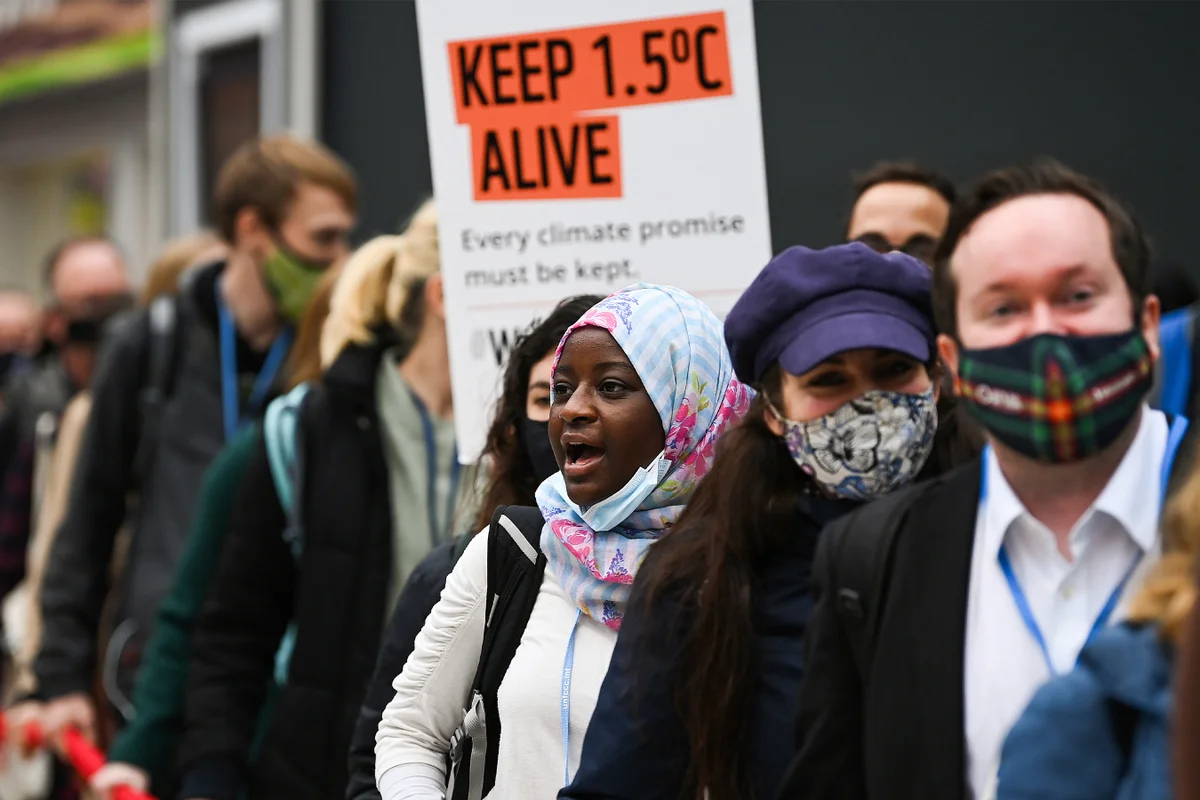For the first time, global warming has exceeded 1.5C across an entire year, according to the EU’s climate service. World leaders promised in 2015 to try to limit the long-term temperature rise to 1.5C, which is seen as crucial to help avoid the most damaging impacts.
This first year-long breach doesn’t break that landmark “Paris Agreement,” but it does bring the world closer to doing so in the long term. Scientists say urgent action to cut carbon emissions can still slow warming.
Limiting long-term warming to 1.5C above “pre-industrial” levels—before humans started burning large amounts of fossil fuels—has become a key symbol of international efforts to tackle climate change.
A landmark UN report in 2018 said that the risks from climate change, such as intense heatwaves, rising sea levels and loss of wildlife, were much higher at 2°C than at 1.5°C. But temperatures have kept rising at a concerning pace. This year-long breach is no major surprise. January was the eighth record-warm month in a row.
One science group, Berkeley Earth, says that the calendar year 2023 was more than 1.5 °C above pre-industrial levels. Other science bodies, such as NASA, put the past 12 months slightly below 1.5 °C of warming.
And the world’s sea surface is also at its highest-ever recorded average temperature—yet another sign of the widespread nature of climate records.
The long-term warming trend is unquestionably being driven by human activities, mainly burning fossil fuels, which release planet-warming gases like carbon dioxide. This is also responsible for the vast majority of the warmth over the past year.
However, researchers are keen to emphasize that humans can still make a difference in the world’s warming trajectory. The world has made some progress, with green technologies like renewables and electric vehicles booming in many parts of the world. This has meant some of the very worst-case scenarios of 4C warming or more this century—thought possible a decade ago—are now considered much less likely based on current policies and pledges.
And perhaps most encouragingly of all, it’s still thought that the world will more or less stop warming once net zero carbon emissions are reached. Effectively halving emissions this decade is seen as particularly crucial.












